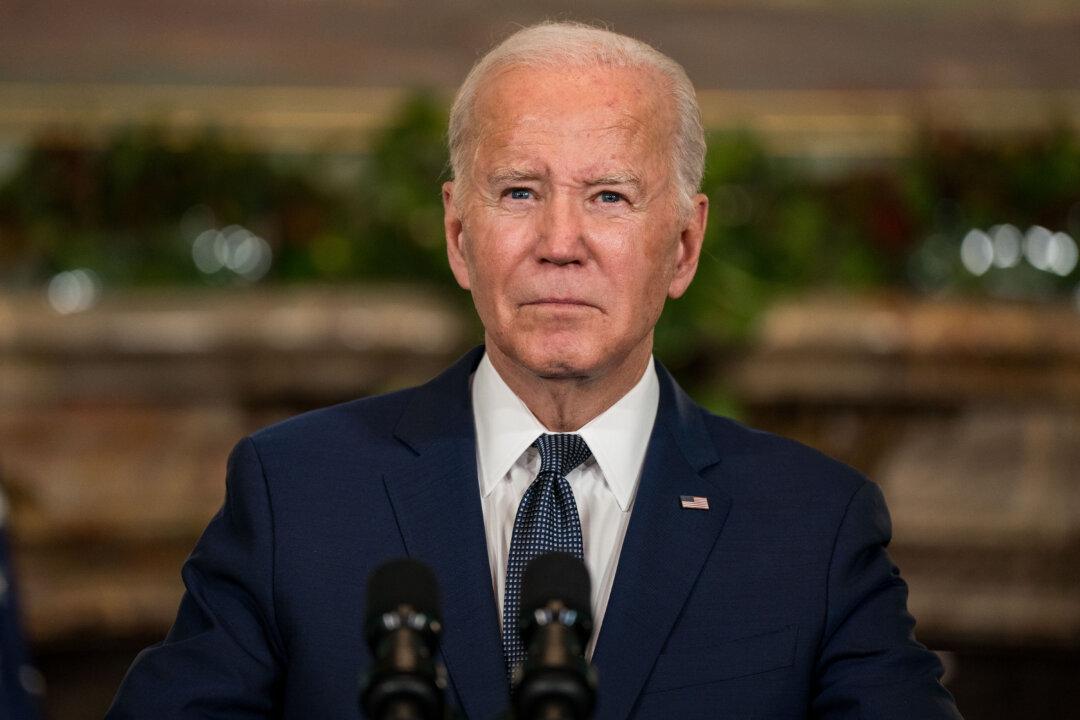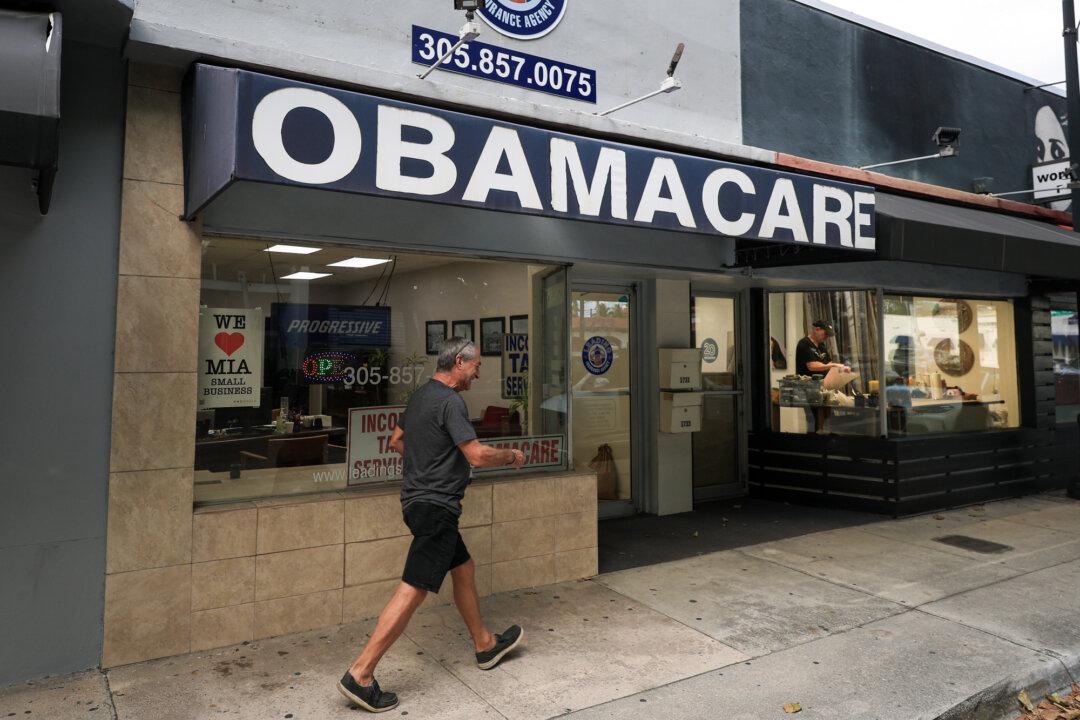President Joe Biden signed a stop-gap spending bill, the second this year, delaying once again the threat of a partial government shutdown.
The White House said President Biden signed the bill into law on Nov. 16, barely 24 hours before spending authority for the federal government was set to expire. The measure extends government funding in stages, through Jan. 19, 2024 for some departments and agencies, and through Feb. 2, 2024 for others.





